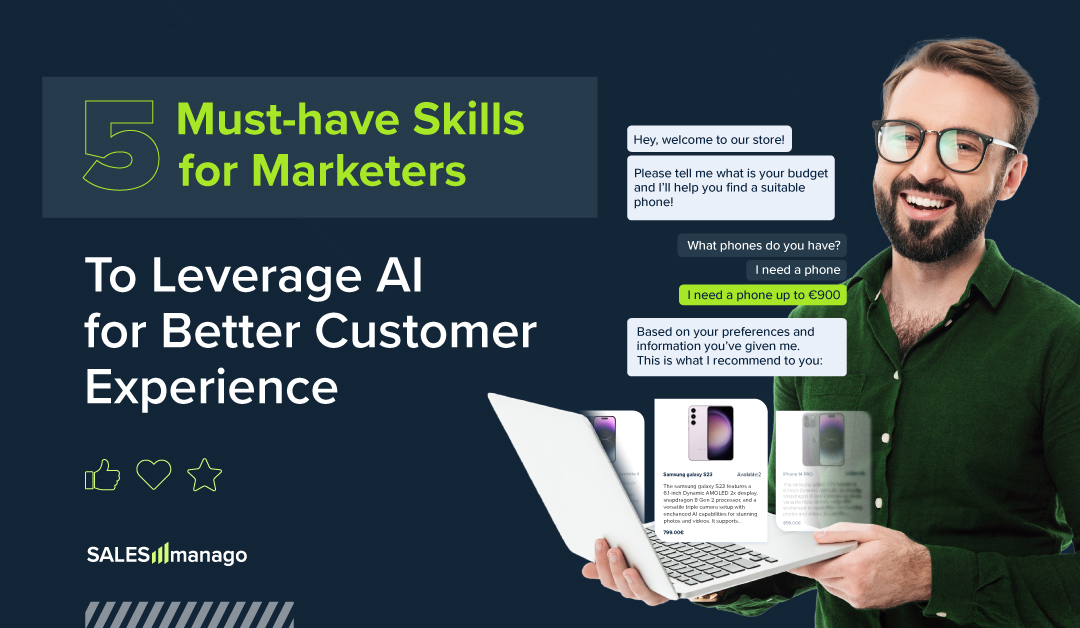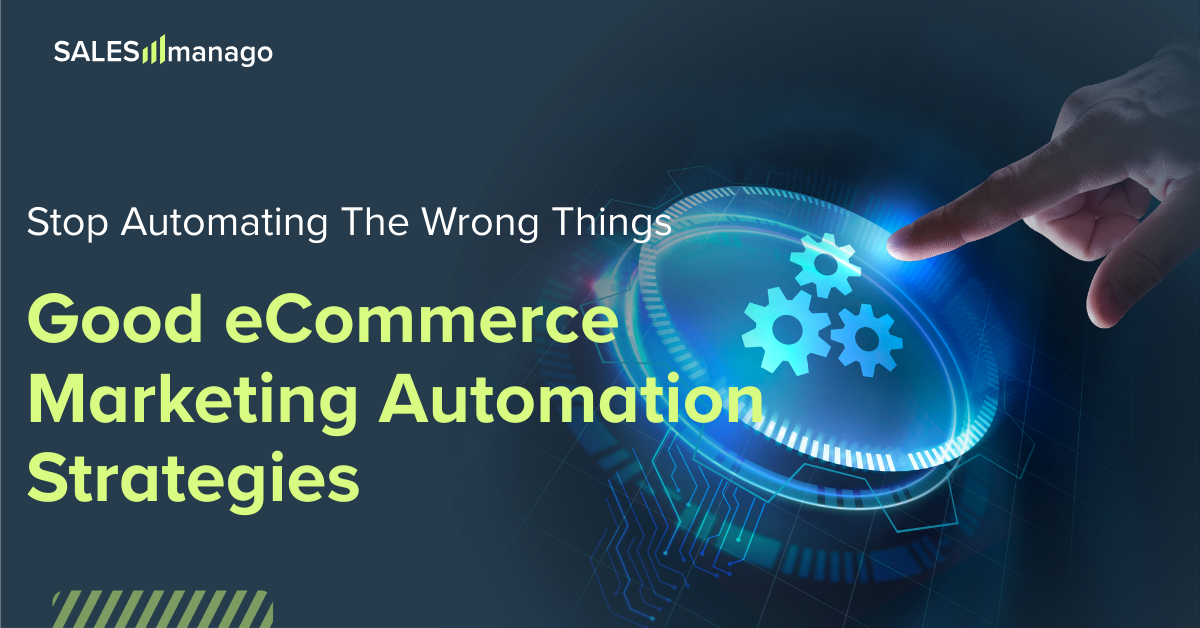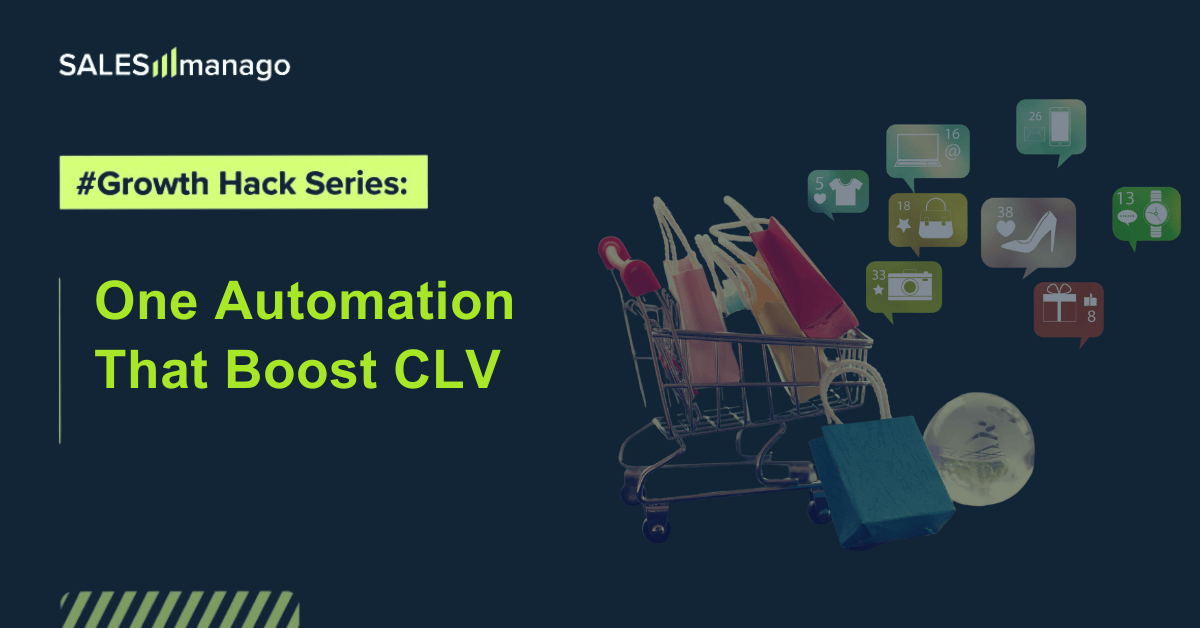
As we step further into 2025, AI is no longer a futuristic concept—it is the defining factor in customer experience and revenue growth. While the market is flooded with AI-powered tools promising revolutionary changes, the true differentiator isn’t just technology adoption—it’s developing the skills to strategically integrate and optimize AI to drive business outcomes.
A study by McKinsey found that AI-powered personalisation can drive a 10-20% increase in revenue, yet many eCommerce brands still struggle to implement AI effectively. For marketing leaders it means 2025 is the year of mastering the right competencies to orchestrate AI-driven customer experiences that convert and retain high-value customers.
Here are the five critical skills that will set apart successful eCommerce marketers in the year ahead.
It all starts with strategic technology assessment & integration
In an era where every marketing technology vendor claims to be “AI-driven,” decision-makers must separate hype from reality. The most successful eCommerce leaders don’t just adopt AI—they integrate it strategically into their martech ecosystem for measurable business impact.
Key capabilities include:
Evaluating existing martech stack for AI capabilities
Identifying genuine opportunities versus AI hype
Assessing data quality and accessibility for AI implementation
Understanding how different AI tools complement existing workflows
Aligning AI investments with revenue and retention objectives
Many companies already have AI capabilities within their existing platforms but fail to leverage them fully. The focus should be on maximizing AI-driven efficiency within current workflows before expanding into new technologies.
Data literacy: Reading between the numbers
AI thrives on data, but without a marketer’s ability to interpret them, even the most advanced algorithms fall flat. AI-powered marketing is only as strong as the insights derived from customer data.
Today's successful marketer must:
Master the art of asking the right questions to AI analytics tools
Identify patterns in customer behaviour that algorithms might miss
Transform raw data into compelling customer stories that drive business decisions
Beyond just collecting data, you need to develop an intuitive understanding of what the numbers mean for your customer's journey. While AI can process vast amounts of data, it takes human intelligence to translate numbers into compelling customer experiences.
Why does it matters? Traditional segmentation is failing—68% of consumers don’t believe brands care about their needs. AI-driven customer intelligence enables real-time hyper-personalization, ensuring brands remain relevant and responsive.
AI-enhanced content & experience orchestration
The days of one-size-fits-all content are long gone. Modern eCommerce marketers must excel at leveraging AI tools to create dynamically personalised content at scale. To do so, they’ll be challenged with:
Understanding how to prompt AI systems effectively for different customer segments
Maintaining brand consistency across automated touchpoints
Adapting content strategy based on real-time AI feedback
AI-powered content personalization can boost conversion rates by 30%, but execution requires a balance of automation and human creativity. When AI is integrated correctly, it enables seamless, tailored customer experiences—whether on mobile, desktop, or in-store.
AI-driven decisioning: Letting the machine lead the way
Today’s marketers must move beyond intuition-based decision-making and embrace AI-powered predictive analytics. AI can assess vast amounts of data instantly, determining the best course of action for every customer interaction. So Marketers, start using predictive analytics to anticipate customer needs! Let AI determine campaign timing, content, and engagement strategies for more efficient marketing. Solutions like AI Sidekick can support marketers by optimising automation processes, helping them understand the ideal timing for customer communication, ensuring that no opportunity is missed and every interaction feels timely and relevant.
Ethical AI implementation & trust building
As AI becomes more prevalent in marketing, building trust becomes paramount. Key skills include:
Understanding and implementing ethical AI practices
Maintaining transparency in AI-driven personalisation
Balancing automation with authentic human connection
Protecting customer privacy while leveraging AI insights
AI-driven personalization is only effective when consumers trust the brand using it. 85% of consumers say transparency in AI usage influences their purchase decisions—marketers must prioritize ethical AI to sustain long-term customer loyalty.
The path to AI readiness
The future of eCommerce marketing lies not in replacing human creativity with AI, but in augmenting our capabilities to create more meaningful customer experiences. By mastering these five skill areas, marketers can leverage AI to its full potential while maintaining the human touch that customers value.
Start by assessing your current capabilities, identify specific areas where AI can add value, and develop a strategic approach to building these essential skills within your team.
Latest posts

Stop Automating the Wrong Things: Good eCommerce Marketing Automation Strategies
You’ve automated welcome emails. You’ve got abandoned cart sequences running. Congrats, you’ve checked the boxes every tutorial told you to check.Meanwhile, your VIPs are churning because nobody automated the retention workflow. Your one-time buyers never get nudged towards a second purchase. Your mid-value customers drift away while you obsess over cart aband...

Growth Hack Series: One Automation That Boosts CLV
When working in an eCommerce marketing team you have plenty of metrics to observe: AOV, CR, RPV, CAC, CTR, CPC and a few other cool sounding acronyms. But sometimes the most important data you need is hidden under simple questions. “How many first-time buyers became second-time buyers last month?” — and the room usually goes quiet.That silence is expe...

RFM Segmentation For eCommerce: What The Other Guides Don't Tell You
You've read the RFM segmentation guides. You get it. Recency, Frequency, Monetary Value. You understand that your best customers bought recently, buy often, and spend big. You've even tried building segments.So why is your email performance still flat? Why is retention stuc...
